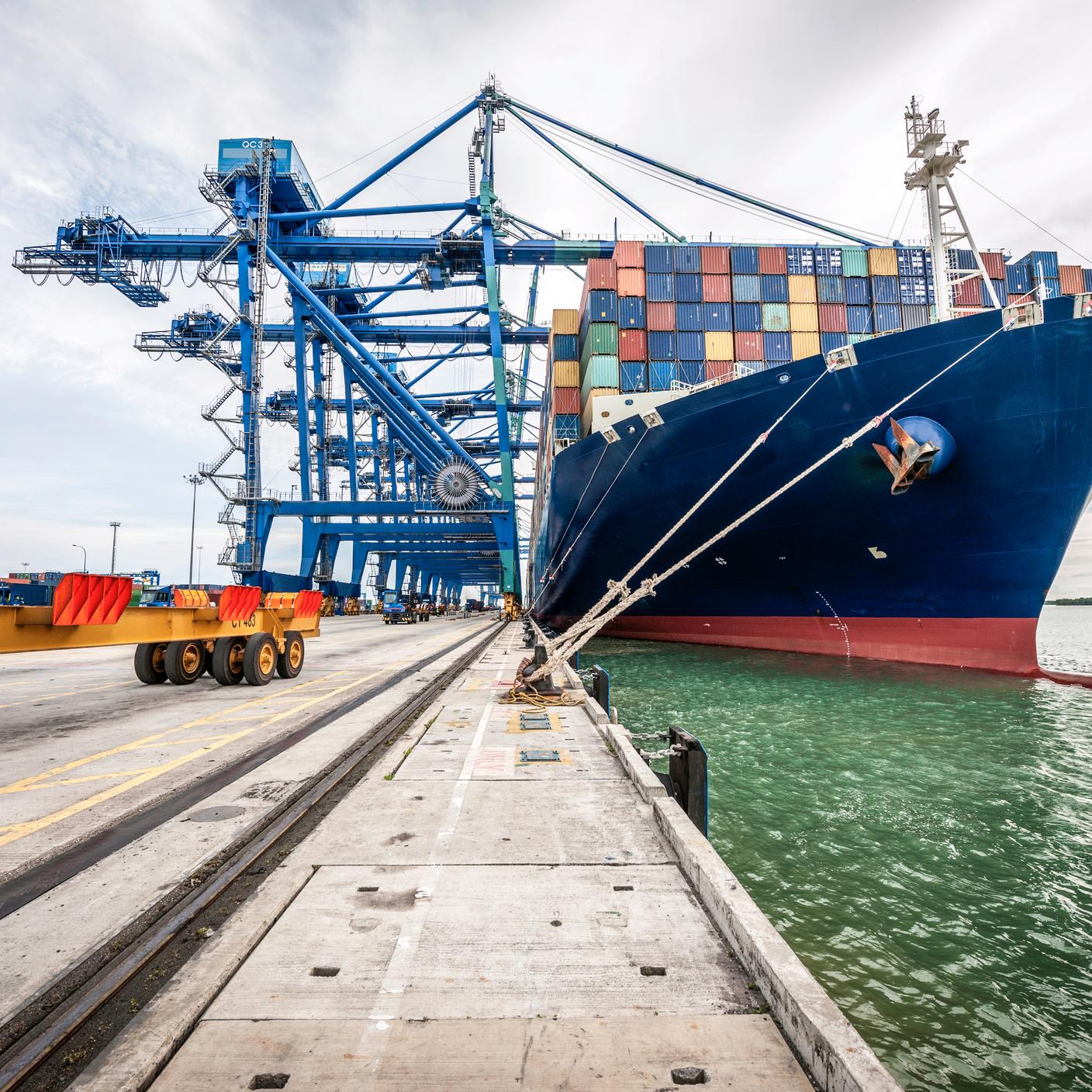We partner with organizations to move from static views of risk and intermittent supplier risk management to real time.
Pressure stemming from regulations, customer demands, and the desire to proactively mitigate risks, we help design and build roadmaps to improve supply chain resilience.
Download the 2025 Supply chain risks and opportunities report and explore how to transition from a reactive to a proactive, integrated strategy that elevates resilience through effective supply chain management.













